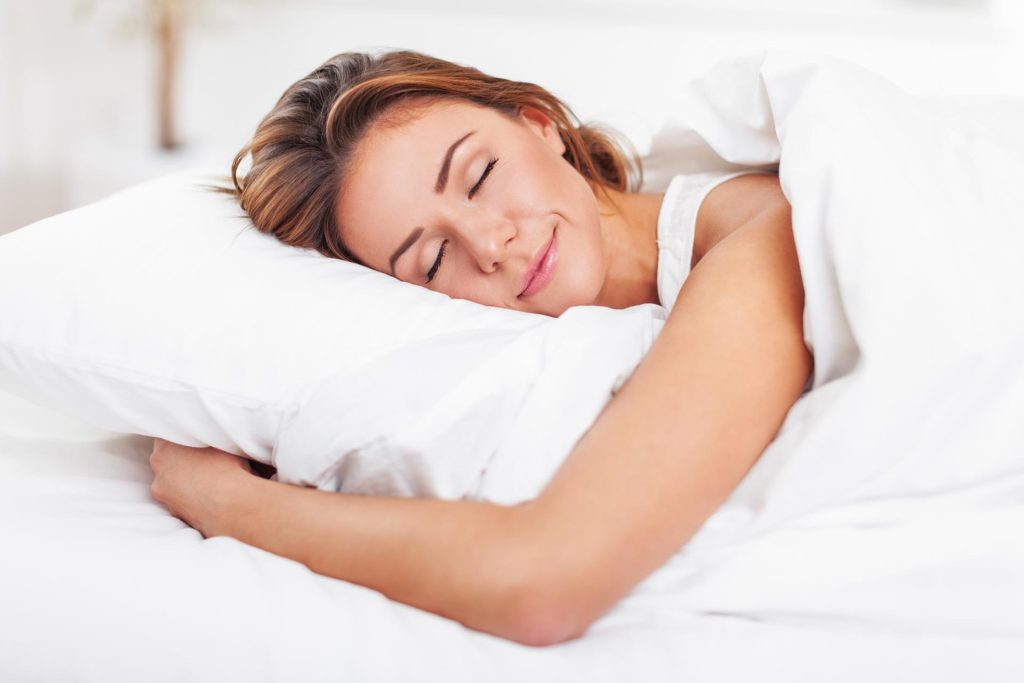
No one likes the idea of spending a night in the sleep lab but getting a sleep study is the only way to accurately diagnose a sleep disorder. You can skip noisy, impersonal hospitals and have your testing in the comfortable sleep lab at Prime Pulmonary & Sleep Center in Bakersfield and Delano, California. Pramil Vaghasia, MD, and Ruchi Bansal, MD, offer comprehensive and convenient care in their American Academy of Sleep Medicine accredited sleep lab. To learn more about sleep studies or to schedule an appointment, call the office or book a consultation online today.
Request an AppointmentWhat is a Sleep Study?
A sleep study collects information about what happens in your body while you sleep. The only way to accurately diagnose a sleep disorder is to learn about things that occur when you’re sleeping, like breathing, oxygen levels, and leg movements.
What are the different types of Sleep Studies?
You may need one or more of the following sleep studies:
Home sleep testing
If your symptoms point to obstructive sleep apnea, you can usually do home sleep testing. At-home testing measures your airflow, breathing, and oxygen levels.
Overnight sleep study
A comprehensive overnight sleep study, called polysomnography, happens in the sleep lab at Prime Pulmonary & Sleep Center. Highly trained sleep technicians place multiple sensors on your body that collect information about your:
- Brain waves
- Heart rate and rhythm
- Blood pressure
- Eye movements
- Skeletal muscle activity
- Heart rate and rhythm
- Breathing patterns
- Blood oxygen
- Body position
You need a supervised sleep study to diagnose sleep disorders such as narcolepsy, periodic limb movement disorder (PLMD), restless legs syndrome (RLS), and circadian rhythm disorders.
Daytime sleep study
Two daytime studies occur in the sleep lab: multiple sleep latency testing and maintenance of wakefulness testing. A multiple sleep latency test measures how quickly you fall asleep during the day and the REM stages you go through while napping.
Maintenance of sleep wakefulness measures your ability to stay awake in sleep-inducing circumstances during the day. The use of this test is often to determine the effectiveness of ongoing treatment for a sleep disorder.
How do I prepare for Sleep Studies?
By design, the sleep lab at Prime Pulmonary & Sleep Center is comfortable and soothing, but the providers understand that it’s usually hard to sleep away from home. You can do a few things that might help you fall asleep.
In the days before your sleep study, stick with your regular daily routine and go to bed every night at the same time. That helps you fall asleep close to the same time in the sleep lab.
On the day of your sleep study, try not to nap. You should also avoid alcohol and caffeine after lunch. Both substances can change your sleep patterns, which may affect your results.
Otherwise, you don’t need to prepare for a sleep study. Just bring comfortable sleepwear, toiletries, a change of clothes, and a book, music, or whatever helps you relax before bed.
To learn more about sleep studies or get help for a sleep problem, book an appointment online or call Prime Pulmonary & Sleep Center today.
